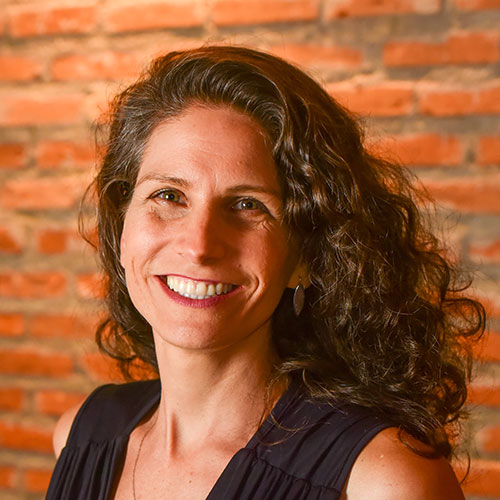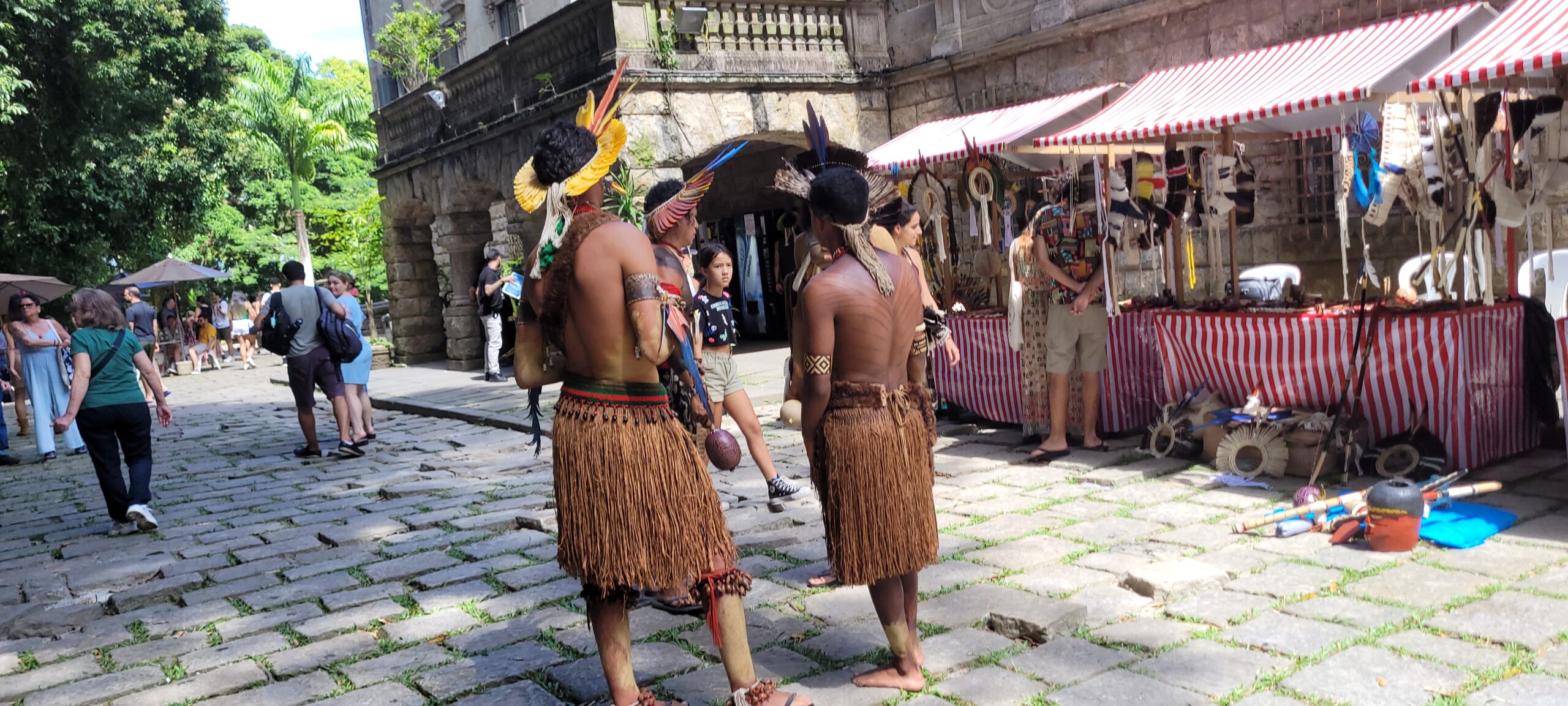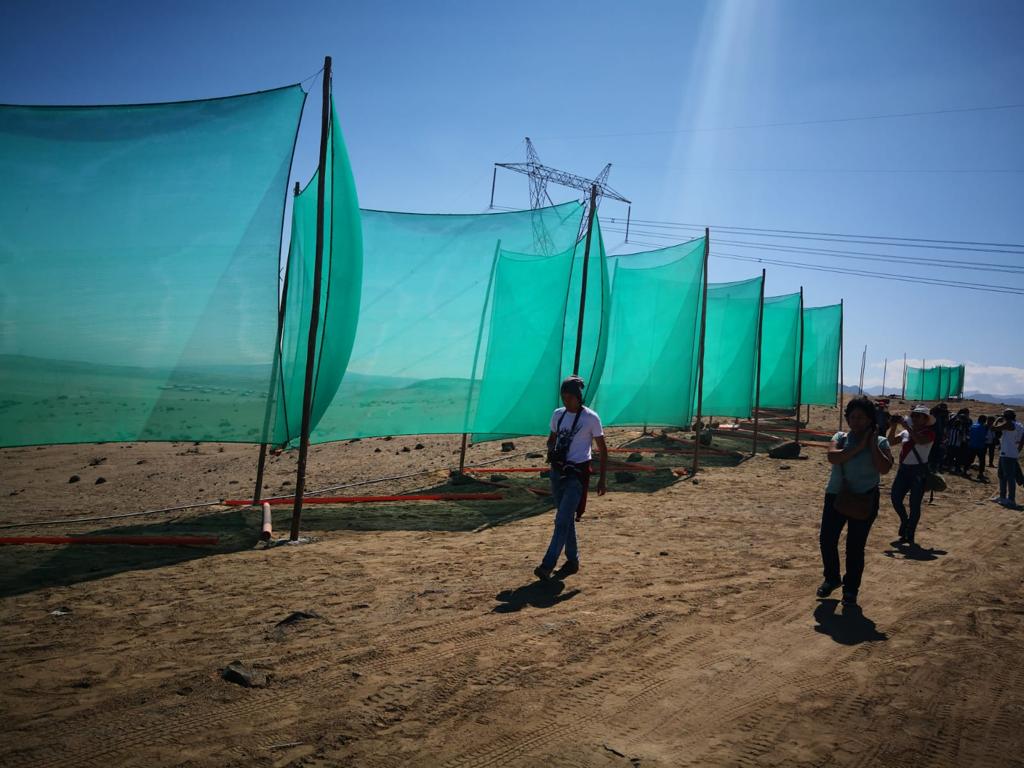Collective defends the rights of immigrant women in São Paulo
Get to know the Warmis Convergence of Cultures Base Team and its work fronts
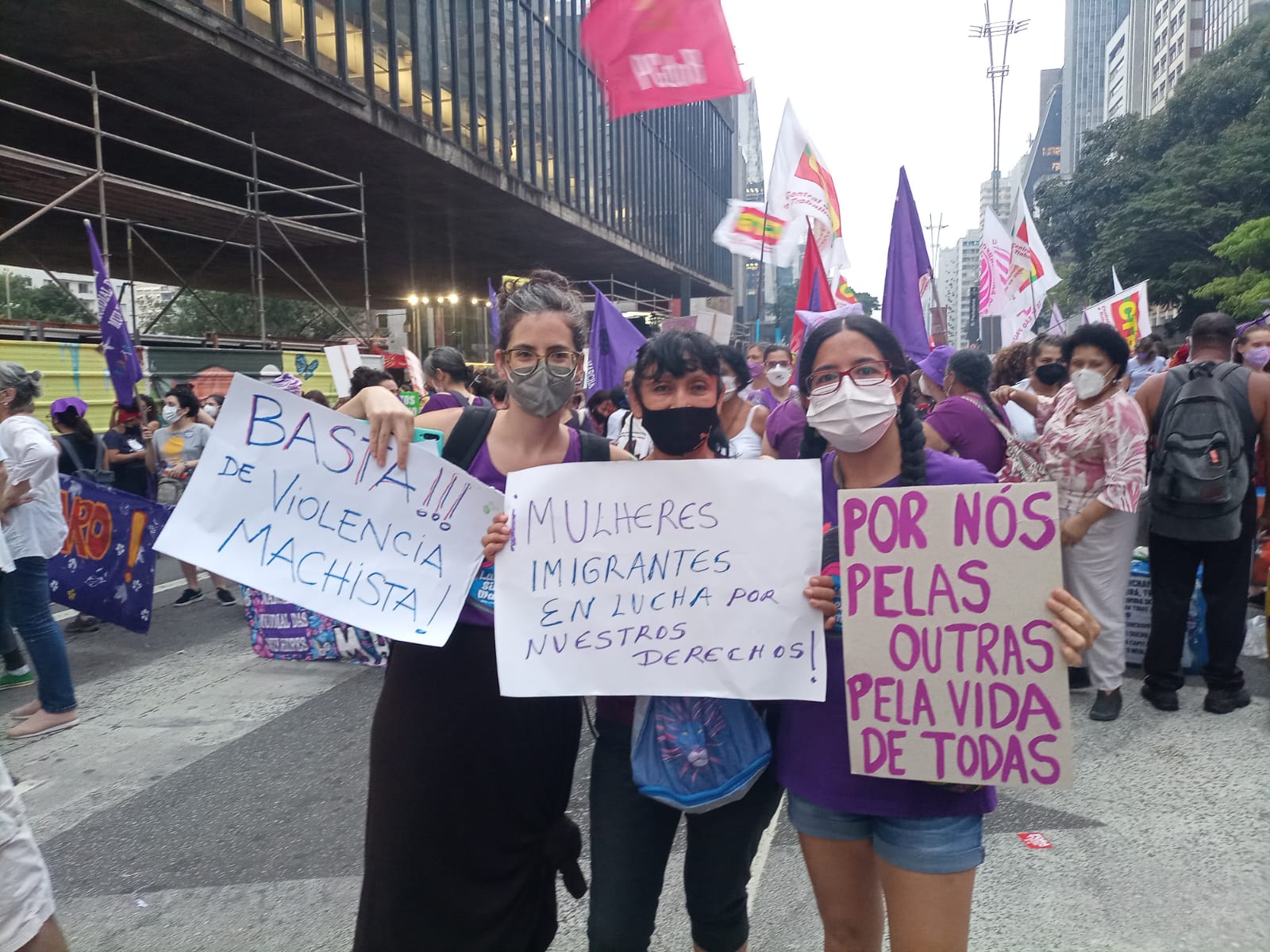
Warmis means women in Quechua, the native language of the Andean people. The ancestral name gives life to the collective of immigrant women who joined the humanist movement in São Paulo in 2013.
“The humanist movement emerged with the Argentine writer Mario Rodrigues Luís Cobos, better known as Silo, in 1969. The movement has a very important role in Latin America in the fight against violence and any type of discrimination, from a point of view that focuses on the human being. It is necessary that the individual transforms himself first and then transforms society in the search for pacification”, explains Sandra Morales, a member of Warmis.
Initially, the objective was to group Bolivian women who lived in São Paulo. “But when the founders, Jobana Moya, a Bolivian immigrant, and Andrea Caravantes, a Chilean immigrant, started to build the base team, they discovered that other women of different nationalities were going through the same difficulties. There were also the daughters of immigrants. Therefore, they opened up the possibility of the collective being composed of a broader group”, says Sandra.
The collective is composed of any immigrant woman or daughter of an immigrant. Today, women from Bolivia, Peru, Costa Rica, the United States, Chile, Colombia and Argentina participate in Warmis. The number of members is fluctuating. “Sometimes we have more, sometimes less. We already had more than 15 women in the collective, this year we are only nine. It is not something rigid, because it is a collective, and because many women return to their countries of origin, start participating in other collectives, etc”, she says.
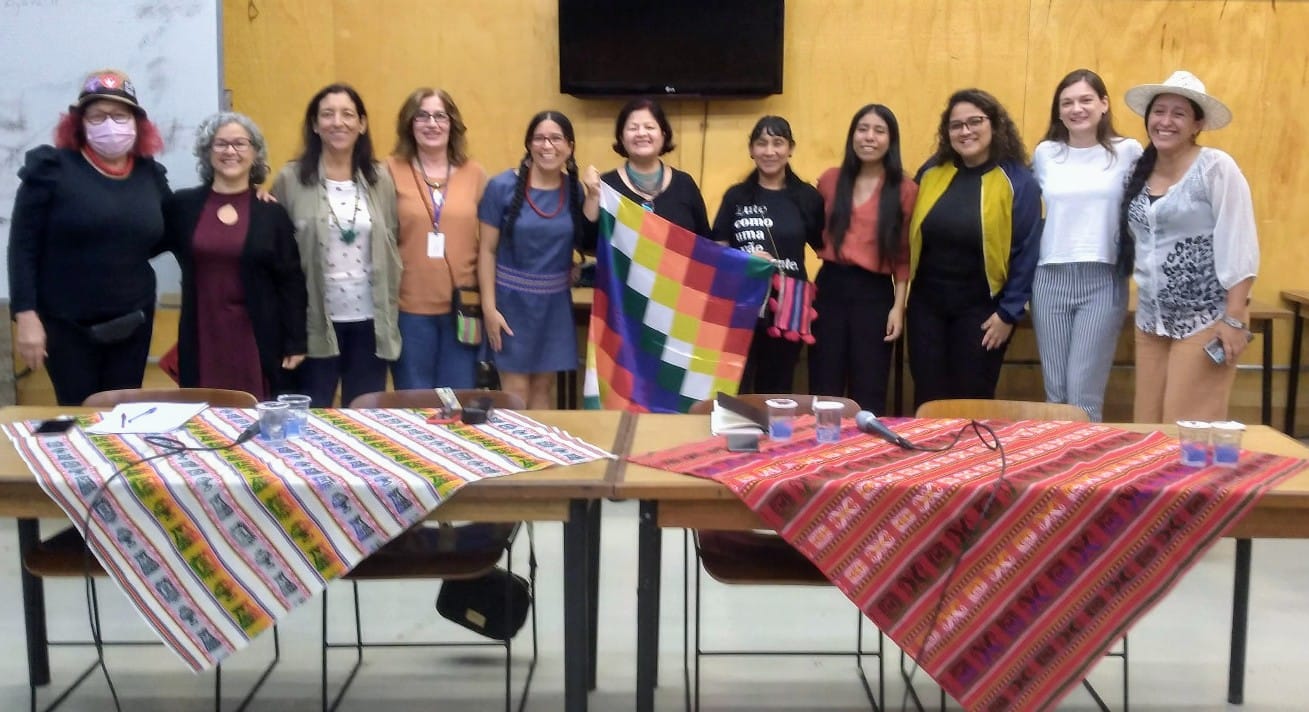
Base Warmis Collective team
Unlike other collectives, which over the years tend to become professional, Warmis remains a collective precisely because of the humanist movement. “The objective is to continue working as women volunteers and doing grassroots work. They are not institutional objectives, it does not aim to become an NGO or to provide assistance”, says Sandra Morales, a member of the collective.
According to Sandra, the migration stories are diverse. Many women come to study, others come to visit and end up staying for some reason. Some women migrate because of marriages to Brazilians and others who come in search of better job opportunities. Or even because of wars and political crises, “as happens, for example, with Venezuelan immigrant women. They find it difficult to return to the country, or even to send money to those who stayed behind, since the political situation there is very complex”, she says.
Warmis women meet every Thursday. When they get together, first, they do an individual work, where each woman evaluates how the week went. Then, making use of the tools of the humanist movement, they seek to reflect on their attitudes, identify prejudices and micro-violence or analyze social issues of today’s world. Only after these activities are administrative issues discussed: actions for the month, invitations received to participate in events, division of responsibilities, etc.
“It is important to say that we act defending the rights of immigrants in general. We try to focus on women, but the problems related to migration affect everyone, men, children, so we end up acting in that direction too”, warns Sandra.
Obstetric violence and cultural activities
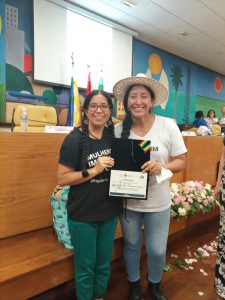
Currently, the collective operates on five fronts of action: the immigrant women’s health front, in which they campaign against obstetric violence. “Many immigrants, especially indigenous women, who come from Bolivia, Peru and northern Chile, who are Quechuas and Aymaras, have health practices that are different from Western medicine. And health professionals look at them with prejudice, question the use of herbs, say that here in Brazil it is not like that, that you only need to take medication prescribed by doctors”, says Sandra.
There is also the solidary economy front, in which they publicize the work of immigrant women in all the collective’s networks. There is also a study group, where women authors from Latin America or the Global South meet to read. The group is open to any immigrant woman or daughter of an immigrant, you don’t need to be part of the collective to participate. For these studies, they meet once a month.
It also has cultural activities: Warmis maintains the musical group Lakitas, which is open to any immigrant woman to play Andean music made with the wind instrument. “The Lakitas started with a grant from the city hall, which we used to buy instruments, costumes, we went on study trips, etc. We no longer have that support, so when they invite us to play, some organizations offer us a stipend. The objective is not to make a profit, financial help is welcome, but it is not a condition”, says Sandra.
Five Warmis members have also published children’s books with immigration stories. The books are about themes related to cultural diversity and also bring complaints against prejudice. “One of the books, for example, is about a girl who is forbidden to speak Spanish at school, her teacher won’t let her”, recalls Sandra.
Finally, the collective has a partnership with Centro Cultural São Paulo (CCSP), where they make presentations, talks and workshops once a month on topics related to immigration. Also, Lakita rehearsals are always done at CCSP.
For the end of discrimination
In São Paulo, there are around 370,000 immigrants legally living in the city. Most of them are Bolivians, followed by Chinese, Haitians and Peruvians. Immigration policies have been strengthened since 2017, with the enactment of the Migration Law. For Sandra Morales, however, “although Brazil is a welcoming country, very little is done in practice, immigrants always come last when talking about policies for minorities.”
As a result, there are few possibilities for entering the labor market and access to public services, such as health and education, is difficult. “Another problem is the lack of access to documentation, which is still expensive, difficult and time-consuming to obtain. If you don’t have documentation, you can’t get a job. That’s why we still see many university-educated immigrants occupying the streets of São Paulo as street vendors,” he says.
For Sandra, women are the ones who suffer the most from immigration problems because many are single mothers, who need to work, leave their children at daycare or school, and they can’t. “This mother did not choose to be single, this happens for several reasons: separation, divorce, she became a widow, was abandoned, and she needs to assume the family responsibilities alone”, she says. In many foreign countries there are sexist laws that force mothers to migrate, recalls Sandra.
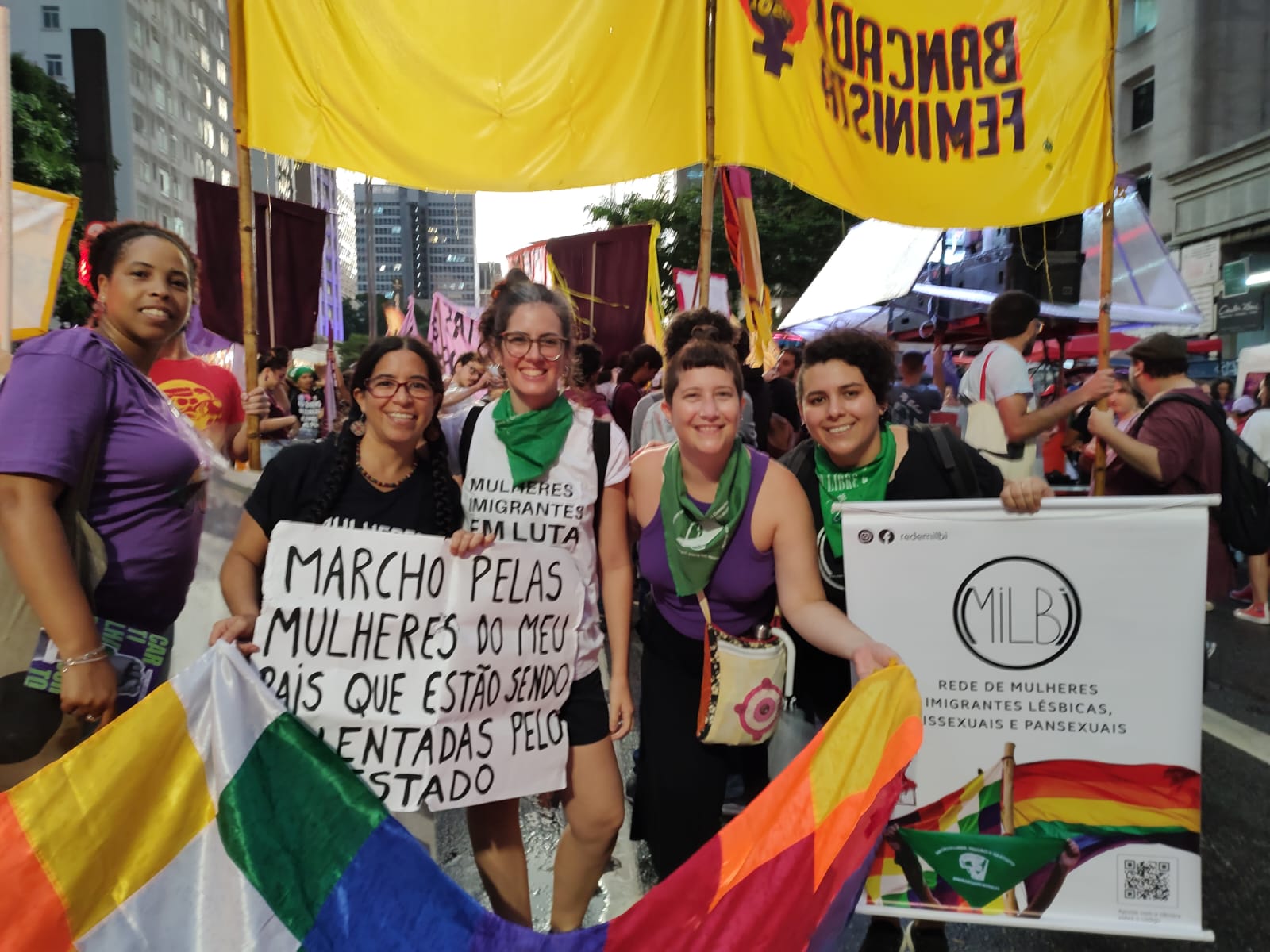
She also draws attention to the daughters of immigrants: “the girls, daughters of immigrants who were born in Brazil and speak perfect Portuguese, also suffer prejudice. I’ve heard reports that at school and other environments, they ask why they live here, ask them to return to their parents country of origin. And when these girls reach youth, they look for spaces where they feel safe and welcomed. So many young women arrive in the Lakitas, in the volunteer groups and in the study group, ”she explains.
“Besides all the prejudice, many young women report that they don’t feel like they belong in Brazil or in their parents country. They were born in Brazil, so they say they are not from another country, because they grew up here, but at home, they are educated in the culture of their parents, so there is this doubt about where they really are from, ”she says.
Cultural rescue, volunteering and solidarity
Because of the Quechua name, it is thought that the Warmis collective is only made up of Bolivian women. “But we are open to all immigrant women, not just Latinas,” warns Sandra. The Warmis collective forms partnerships with other groups of immigrants in the city, such as Milbi and Si yo puedo, being recognized in São Paulo for their work in defense of the rights of immigrant women.
“The other day I was at the theater and a woman came up to me thanking me saying that if it weren’t for Warmis, she wouldn’t have reconnected with her culture. She was a Bolivian woman, who said she left her country wanting to forget everything. But after getting to know Warmis’ work, she began to identify with her culture again, and also as an immigrant woman who lives in São Paulo. I was surprised because it is a very sensitive return, difficult to measure”, remembers Sandra.
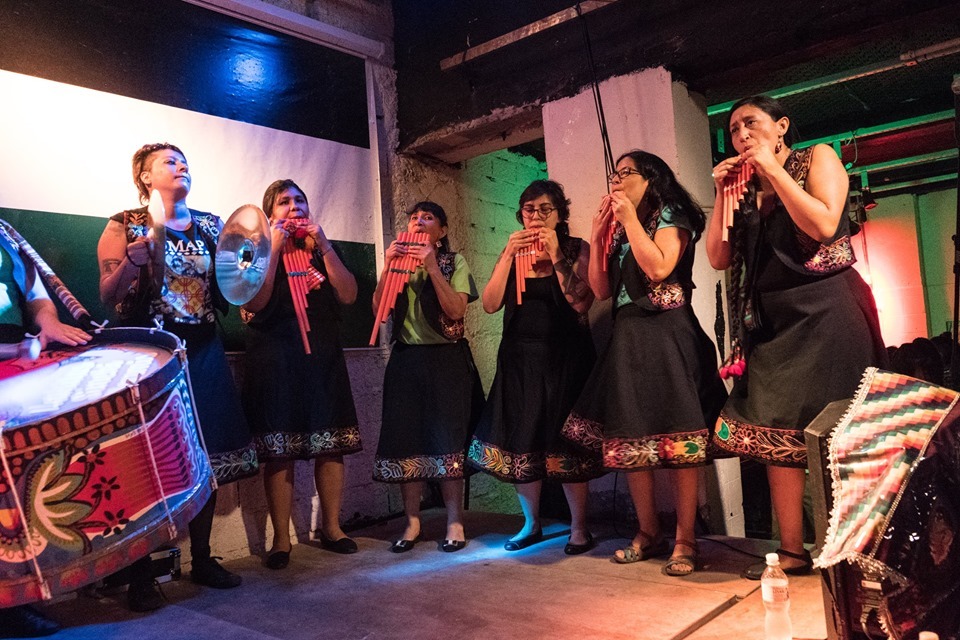
Sandra Morales is Peruvian, of Quechua indigenous origin. She says that she moved to Brazil with her husband, who was invited to work in the country. Both have a university education and are postgraduates. She is a psychologist and he is an engineer. High qualifications, however, do not prevent discrimination. “There is still a lot of prejudice against Bolivian, Chilean, Peruvian women… they say we are dirty, disorderly, thieves, they think we are not qualified professionals, we fight a lot against prejudice”, says Sandra.
She has participated in Warmis for four years. “My first political act in São Paulo was in the neighborhood. The Aclimação park was in total abandonment and I formed a group with several mothers and fathers to fight for the recovery of the park. Then I started participating in councils in the city. At that moment, I also met Warmis”.
She and her husband arrived in São Paulo in 2013 with the initial plan to stay for just two years, the duration of their employment contract. The working time was increasing and they were staying. The daughter, she remembers, was born in Brazil. In recent years, however, there has been a political crisis in Peru, postponing plans to return. “I came because my husband was invited to work in Brazil, it was a smooth immigration, but the political crisis in Peru deepened and it was difficult to go back now”, concludes Sandra.
Want to support this cause?
Follow the Warmis social media Facebook and Instagram.
* Notice to readers: Lupa do Bem’s production has focused on issues on women’s rights and empowerment throughout the month of March, in celebration of International Women’s Day.
